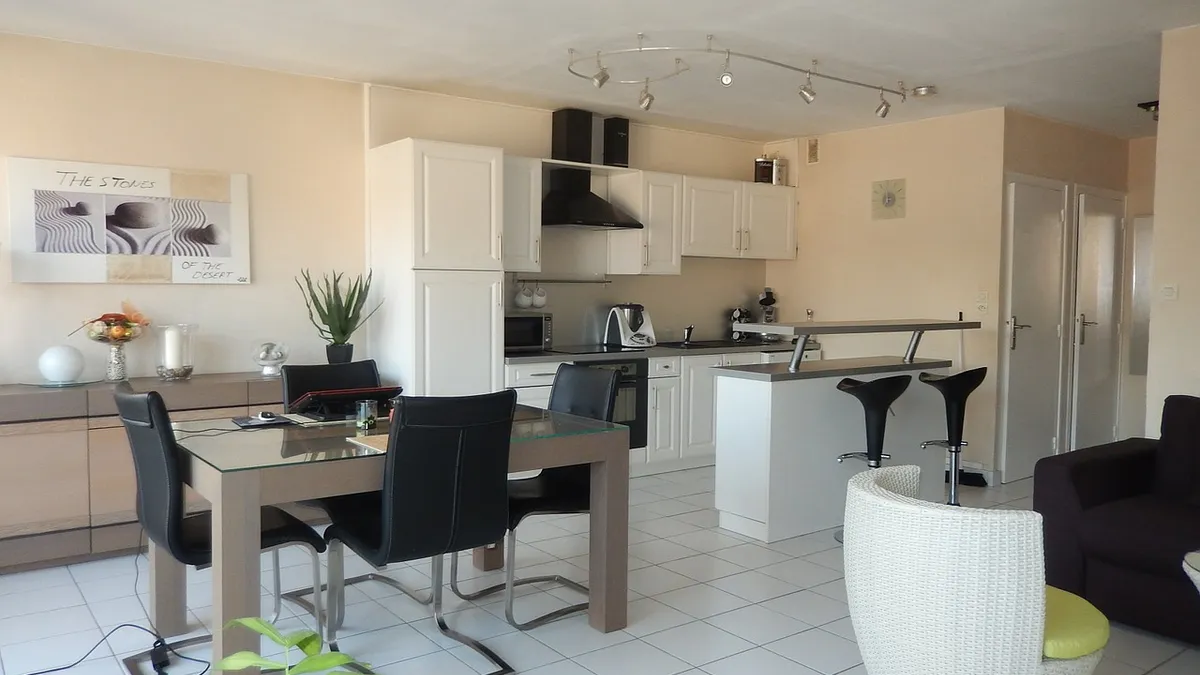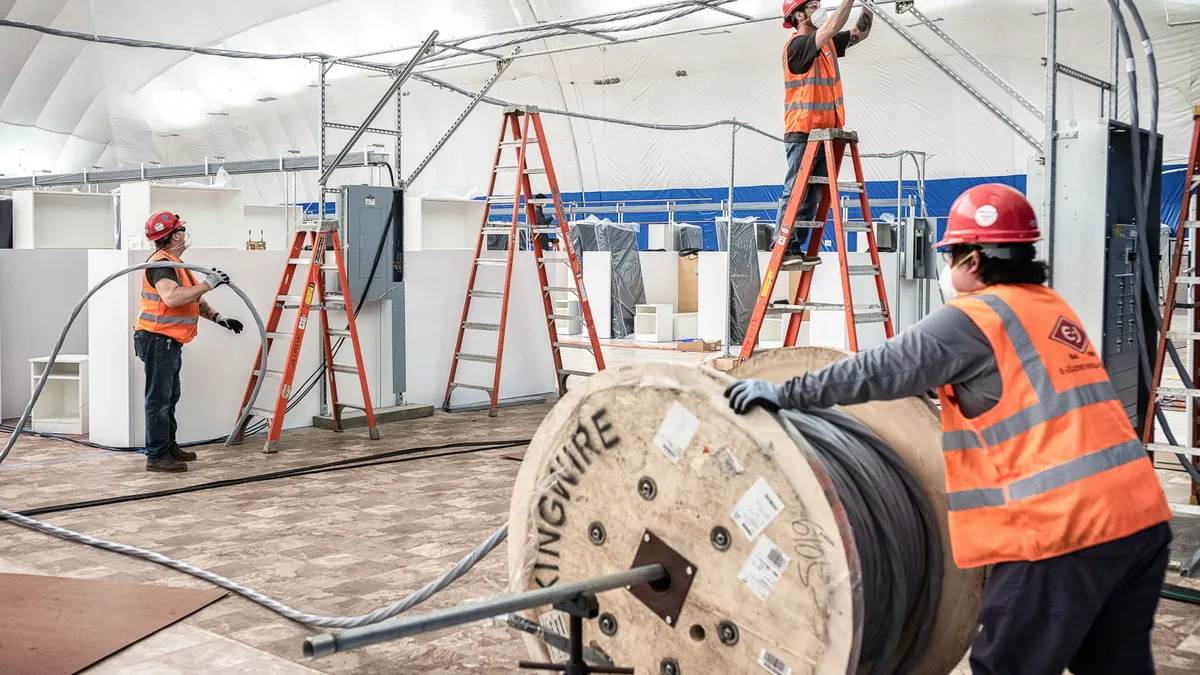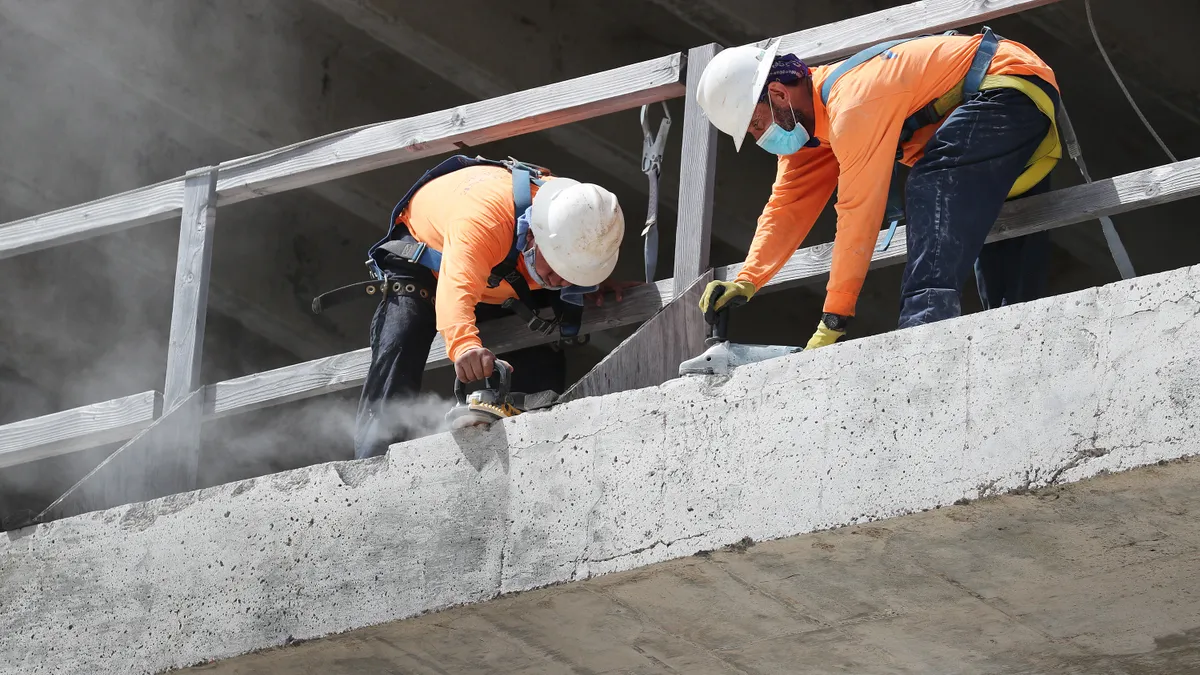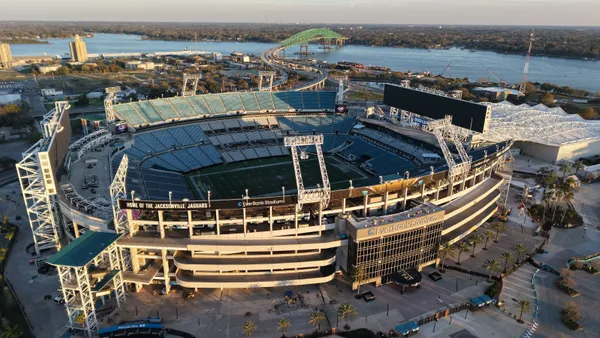Dive Brief:
-
Homeowners' association fee increases are ahead of inflation and home-price growth, rising from a monthly average of $250 in 2005 to $331 in 2015, according to an analysis of U.S. Census Bureau data by real estate website Trulia. The growth was unwavering even during the recession.
-
Building age plays a role, too, with older buildings facing higher fees. Buildings with more units also see higher fees.
-
HOA fees make up the largest share of monthly housing costs in Tampa, FL (47.9%), Houston (42.6%) and Fort Lauderdale, FL (42%). New York has the highest fees at $571 per month.
Dive Insight:
For potential buyers considering a home purchase, HOA fees factor into their monthly cost calculations along with mortgage payments and other expenses, which means fee increases could become a make-or-break line item for some shoppers. It could also drive buyers to communities without HOAs. For existing homeowners weighing a remodel, such costs could suppress home-improvement spending.
Higher fees could be particularly burdensome to first-time buyers, since many of them gravitate toward condominiums, which are more likely to have an HOA and higher HOA fees. Zillow determined that a $305 HOA fee on a $250,000 condo unit could raise the owner’s monthly costs to 30% of their income for the period — a mark considered the threshold of housing affordability.
In 2015, Trulia found that in some markets, the affordability gap between renting and owning is much narrower. For example, the costs associated with buying a home in Honolulu were 16% less than those of renting there as compared to 55% in Sarasota, FL. Other cities where buying was deemed more favorable include: Fort Myers, FL, Columbia, SC, Chattanooga, TN, and Tampa.
For more housing news, sign up for our daily residential construction newsletter.













